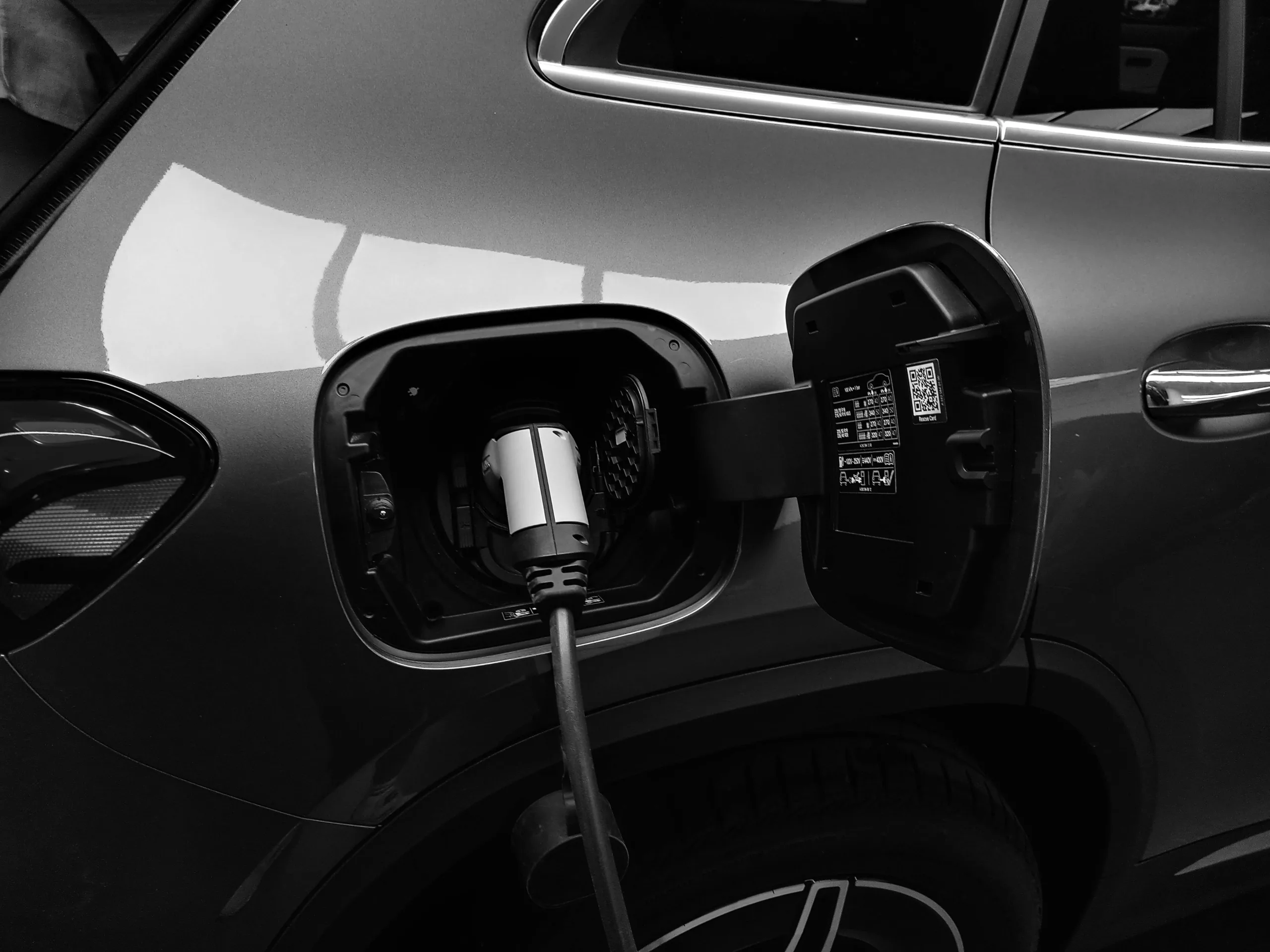According to a new International Energy Agency (IEA) report, renewable energy sources and electric vehicle adoption are significantly contributing to curbing the rise in global greenhouse gas emissions. The data for 2023 reveals that the emissions increased by a modest 1.1%, a figure that could have climbed substantially higher if not for the prevalent use of renewables and electric vehicles. The decline in hydroelectric power generation, resulting from severe droughts affecting key regions, led energy providers to turn towards traditional thermal power plants, thereby contributing to the emissions rise.
Emission Trends and the Impact of Hydroelectricity Shortfalls
The upswing in emissions for 2023, though smaller than the previous year’s, still pushed the total to a record-setting 37.4 billion tons. The gap left by hydropower’s significant drop, particularly in countries like China and the U.S., is responsible for over 40% of the increase, highlighting a concerning interplay between climate change and our capacity to rely on renewable energy sources.
Electric Cars: Gearing Towards a Greener Future
The IEA’s findings also shone a light on the burgeoning sector of electric vehicles. With electric cars now accounting for a fifth of all new car sales globally in 2023, their contribution to curbing oil demand and reducing transportation-related emissions cannot be overstated. However, the U.S. lags behind in this transition, contributing to a mere 8.5% of the 14 million electric vehicles sold worldwide.
China, as the leading electric vehicle market, has observed a discernible effect on its transportation emissions. Even though highway travel in the nation surged by 50%, gasoline consumption only ticked up by 10%, showcasing the positive environmental implications of widespread electric vehicle uptake.
Advanced Economies See Emission Stabilization Amid Growth
Advanced economies exhibit a decoupling of CO2 emission growth and economic expansion. Factors such as renewable energy adoption, coal-to-gas energy shifts, energy-efficient practices, and a dip in industrial production played a role in this outcome. For the first time, over half of the electricity generated in these economies in 2023 originated from low-emission sources like renewables and nuclear power.
Global Initiatives and the Resilience of Clean Energy
Lauding the resilience of clean energy transitions amid obstacles, IEA Executive Director Fatih Birol highlights the importance of enhanced efforts, particularly in emerging and developing economies, to fuel the momentum of clean energy investments. The strategic deployment of clean technologies such as solar, wind, nuclear power, electric cars, and heat pumps over the last half-decade has kept the burgeoning demand for fossil fuels in check and marks a crucial step in mitigating emissions.
Evaluating the State of Our Climate Commitments
While COP28 in Dubai sparked discussions about fossil fuels, it had an underwhelming impact, overshadowed by criticisms such as those from Exxon CEO Darren Woods, who controversially redirected responsibility onto consumers for their past choices. The clean energy sector continues to remind us of the urgency for change, with the emergence of initiatives like MethaneSAT to monitor methane emissions, a potent contributor to global warming.
As we progress towards what is hoped to be a significant reduction in fossil fuel dependency, it remains clear that while the progress in the realm of renewables and electric vehicles offers optimism, achieving tangible results in global temperature management requires an accelerated and comprehensive shift away from fossil fuels altogether—the true cause for celebration.
